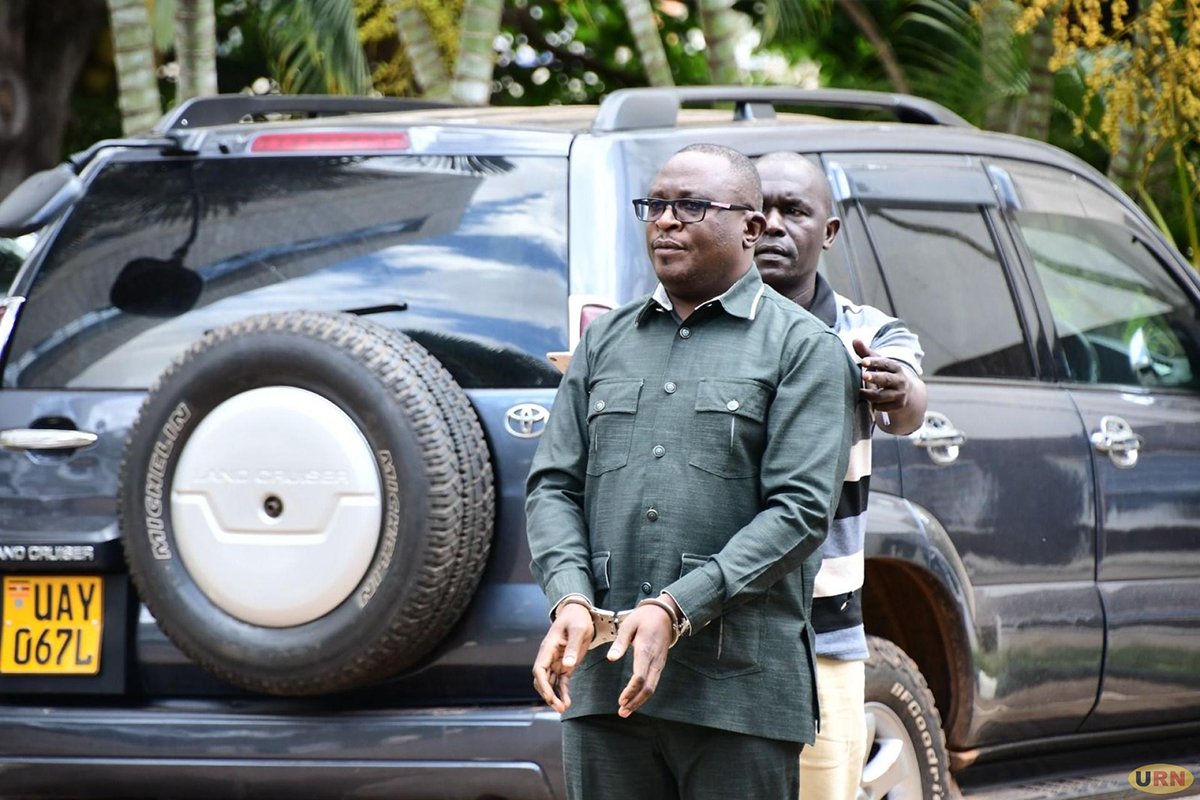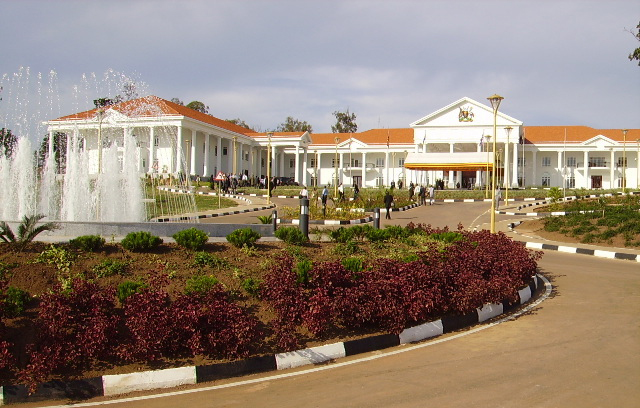On October 2, 2022, Joy Twebaze, 43, visited a public health facility in Kagadi district to deliver her fourth child.
Twebaze was informed that she had to fork out about Shs 35,000 for a safe delivery kit commonly known as Maama Kit.
The expectant mother said she did not have money to purchase the kit.
“Let’s fundraise for the Maama Kit,” said Twebaze’s younger sister, Guma Orishaba, 36, who had accompanied the expectant mother to the health facility.
Orishaba called her friends who raised the money which was sent to her via Airtel Money.
The money was handed to a staff at the health center who brought the Maama Kit from the health facility’s store to the maternity ward where Twebaze was set to deliver her baby.
“I was already stressed because I didn’t know how the nurses would have helped me deliver without a Maama Kit,” said Twebaze, a peasant in rural Kagadi.
Her experience underscores what many women in rural areas go through to deliver babies.
While the National Medical Stores (NMS) delivers Maama Kits to public health facilities, women, especially in rural areas, are unaware that these items are free of charge.
Maama Kits are used to promote safe delivery of babies.
The package contains; cotton wool, gauze, 5 pairs of sterile surgical gloves, Macintosh sheet (ekiveera) for the mother and child, bathing soap for the child, a razor blade to cut the umbilical cord and the umbilical tape.
National Medical Stores (NMS) General Manager Moses Kamabare says mothers should not be charged for Maama Kits as they are procured and distributed to government health facilities by the government of Uganda.
“Like any other Ugandans, we hear that mothers don’t actually receive these Maama Kits the way we send them. So, we would like to inform Ugandans that the Maama Kits are available and the mothers of this country are supposed to receive them free of charge,” he said.
Kamabare said the kits initiative aims at encouraging expectant mothers to visit and deliver from public health facilities where they can be helped in case of complications or emergencies.
He said expectant mothers should not demand for Maama Kits when they go for initial antenatal visits because the kits are supposed to be given out right before delivery.
“We cannot give you the Maama Kit for antenatal care. The kits are to attract you to deliver from a government health facility. So if you want it to take it to a traditional birth attendant, or elsewhere, it will not be given to you. But, when you come to deliver in the health facility, that is when this Maama Kit is given,” he said.
Experts say Maama Kits remain critical in reducing maternal mortality rates as they are an urgent and cost-effective measure to ensure that childbirth is conducted in a clean environment especially in rural settings.
In March 2021, the Uganda Bureau of Statistics reported that the maternal mortality rate dropped from 438 deaths per 100,000 births in 2011 to 368 deaths per 100,000 in 2021.
Patrick Omollo, a community worker in Kagadi said, “the challenge we have is the information vacuum about the availability of free Maaka Kits which is exploited by wrongdoers to cheat the public. The Kits are free of charge. Mothers giving birth at health units should not part with money for these kits.”

















